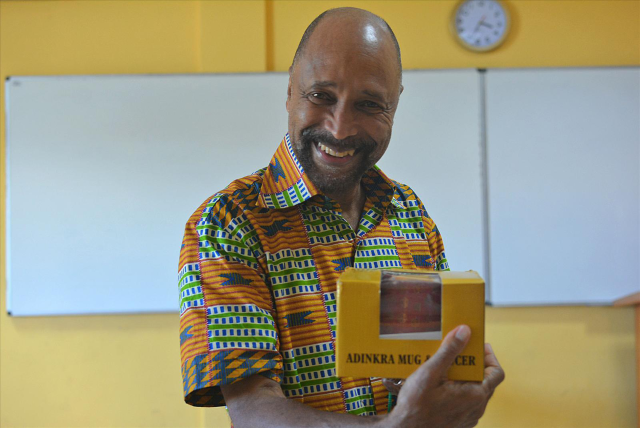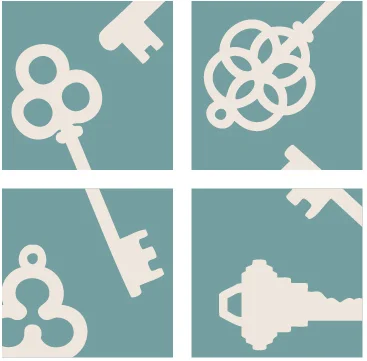Happy #BlackHistoryMonth !
Feb 19:
Q: Why is so much Black music about violence and misogyny? I'm not racist, but is Black culture just more violent?
A: Racism. Rap, trap, and drill, are only the most popular genres of Black music listened to *by white people.*
Read the whole linked thread.
hachyderm.io/@mekkaokereke/109…
mekka okereke :verified: (@mekkaokereke@hachyderm.io)
Happy #BlackHistoryMonth ! I will get to Black history. For now, I'm still on white US history. Q: Why is so much Black music about violence and misogyny? I'm not racist, but I think Black culture is just more violent.Hachyderm.io




















